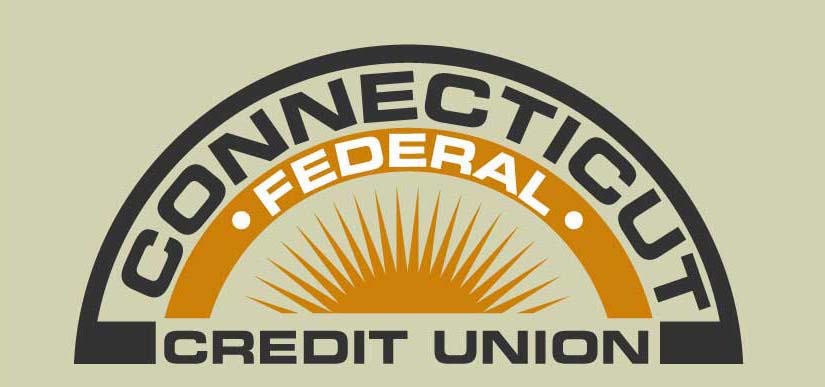The credit score is certainly one of the most important numbers in anyone’s life determining whether or not they can qualify for a loan or the interest rate that is going to be charged on the available loan. Any other financially wise individual understands how significant a good credit score is and so does the Connecticut Federal Credit Union help members build it. If you find yourself in a position where you need to boost your credit score then this guide will be a one-stop with lists and approaches included.
- What is a Credit Score?
Basically a credit score is just a three figure number referring to how credit worthy a person is. It is used on you by lenders, landlords, and employers to assess your creditworthiness. A borrower’s credit score ranges between 300 and 850; the higher the score, the better the credit score or creditworthiness.
The key factors influencing your credit score include:
- Payment History (35%):
Also, early payments have a positive impact on your score.
- Credit Utilization (30%):
The percentage that credit used forms to credit that is available.
- Credit History Length (15%):
Of most importance here is length of credit history, and the longer the better, everything else holds constant.
- New Credit Inquiries (10%):
Some can increase your score while many decrease your score.
- Credit Mix (10%):
The right type of credit: for instance installment credits or credit cards.
Understanding the nature of these factors makes you recognize which one of the factors you should improve in order to raise the score of the mentioned index.
- Why Your Credit Score Matters
Your credit score impacts various aspects of your financial life, including:
- Loan Approvals:
Credit grantors rely on the score to determine your creditworthiness with regards to the credit.
- Interest Rates:
On the other hand, if a better score is achieved, there is a way to an affordable rate of interest.
- Credit Limits:
Clear credit scores can offer one a better credit limit.
- Job Opportunities:
Today, credit scores are used by employers in their selection process as the next employee.
CTFederal Credit Union offers members individual assistance in the topics related to credit scores so that a member has the best shot at the available financial services.
- Steps to Improve Your Credit Score
Improving your credit score takes time and consistent effort. Here are actionable steps you can take:
- Check Your Credit Report for Errors
Start by obtaining a free copy of your credit report from the three major bureaus. Look for inaccuracies, such as incorrect account information or fraudulent activity, and dispute errors promptly.
- Pay Your Bills on Time
Payment history is the largest factor affecting your credit score. Set up reminders or automatic payments to ensure you never miss a due date. If you’ve missed payments in the past, prioritize catching up to minimize long-term damage.
- Lower Your Credit Utilization Ratio
Your credit utilization ratio is the percentage of your available credit that you’re using. Aim to keep this ratio below 30%. Strategies include:
- Paying down outstanding balances.
- Requesting a credit limit increase.
- Avoiding maxing out your credit cards.
- Avoid Opening Too Many New Accounts
Each credit application triggers a hard inquiry, which can lower your score. Be selective about applying for new credit and only open accounts when necessary.
- Keep Old Accounts Open
Closing old accounts can shorten your credit history and negatively impact your score. If possible, keep accounts open, especially those with a positive payment history.
- Diversify Your Credit Types
A mix of credit types, such as credit cards, auto loans, and mortgages, can boost your score. However, only take on new credit if you’re confident in your ability to manage it responsibly.
- Tips for Maintaining a Good Credit Score
Once you’ve improved your credit score, it’s essential to maintain it. Follow these tips to keep your score healthy:
- Monitor Your Credit Regularly:
Use free tools to track changes in your score.
- Avoid Overspending:
Stick to a budget to prevent excessive credit card usage.
- Build an Emergency Fund:
Avoid relying on credit during financial emergencies by having a safety net in place.
- Be Patient:
Building and maintaining good credit takes time. Consistency is key.
- Common Myths About Credit Scores
Understanding the truth about credit scores can help you avoid common pitfalls. Here are a few myths debunked:
- Checking Your Own Score Hurts It:
Soft inquiries, like checking your own score, don’t impact your credit.
- Closing Accounts Improves Your Score:
Closing accounts can actually lower your score by reducing available credit and shortening credit history.
- Only Credit Card Use Matters:
Loans, mortgages, and other credit types also play a role.
CTFederal Credit Union’s financial advisors can help you separate fact from fiction and develop effective strategies for credit improvement.
Bottom Line
Improving your credit score is a journey that requires dedication and informed decision-making. By understanding how credit scores work and taking proactive steps to improve them, you can unlock better financial opportunities. Connecticut Federal Credit Union is here to support you every step of the way with personalized guidance, credit-building tools, and educational resources.
Take charge of your financial future today by connecting with CTFederal Credit Union to explore their credit improvement services. Your path to financial success starts here!
